A Cross-Curricular Approach to The Poetry Basket
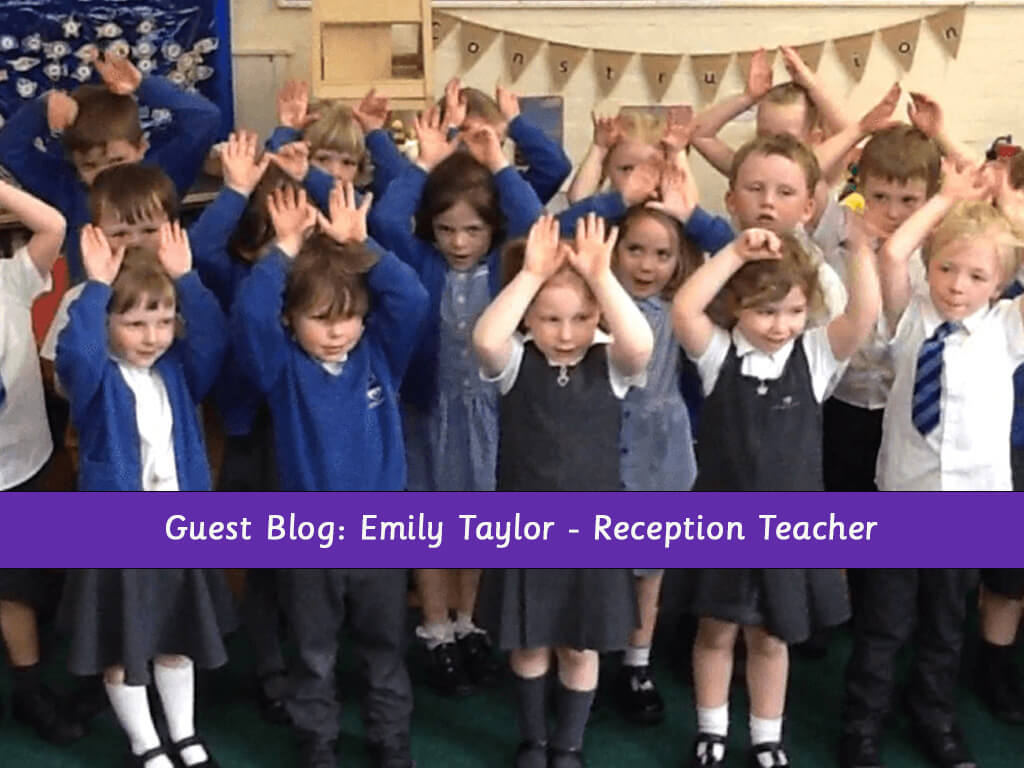
“We’re not just rote learning a poem together, we’re living and breathing it.”
A few years ago, I started Super Six for books. The idea was that every term, we’d have six wonderfully diverse texts that the children would learn at school and also share with their parents. The books would be organised into themes, both as a record of what they were learning, but also to encourage a holistic approach to the Early Years.
Soon after, I discovered The Poetry Basket. The fact it was organised seasonally meant it worked well with my Super Six approach, so I got to work on plotting my Reception class grid for the next year.
I arranged the poems both by season and theme, making sure that autumnal poems like Five Little Pumpkins were linked with maths and numbers (we always end our maths sessions with a song or poem). Falling Leaves became a great way to talk about the changing of the seasons, helping with their understanding of the world. We also learnt Chop Chop as the vegetables were growing in the school garden, and used Popcorn, and Pancakes to encourage the children to talk more about their love of food.
The fact we were already doing Helicopter Stories meant the children started acting out the poems, too. We’ve amassed a whole bag of props to help with the performances, from a tea set (A Cup of Tea) to an owl (Wise Old Owl) and a squirrel finger puppet (Furry Squirrel).
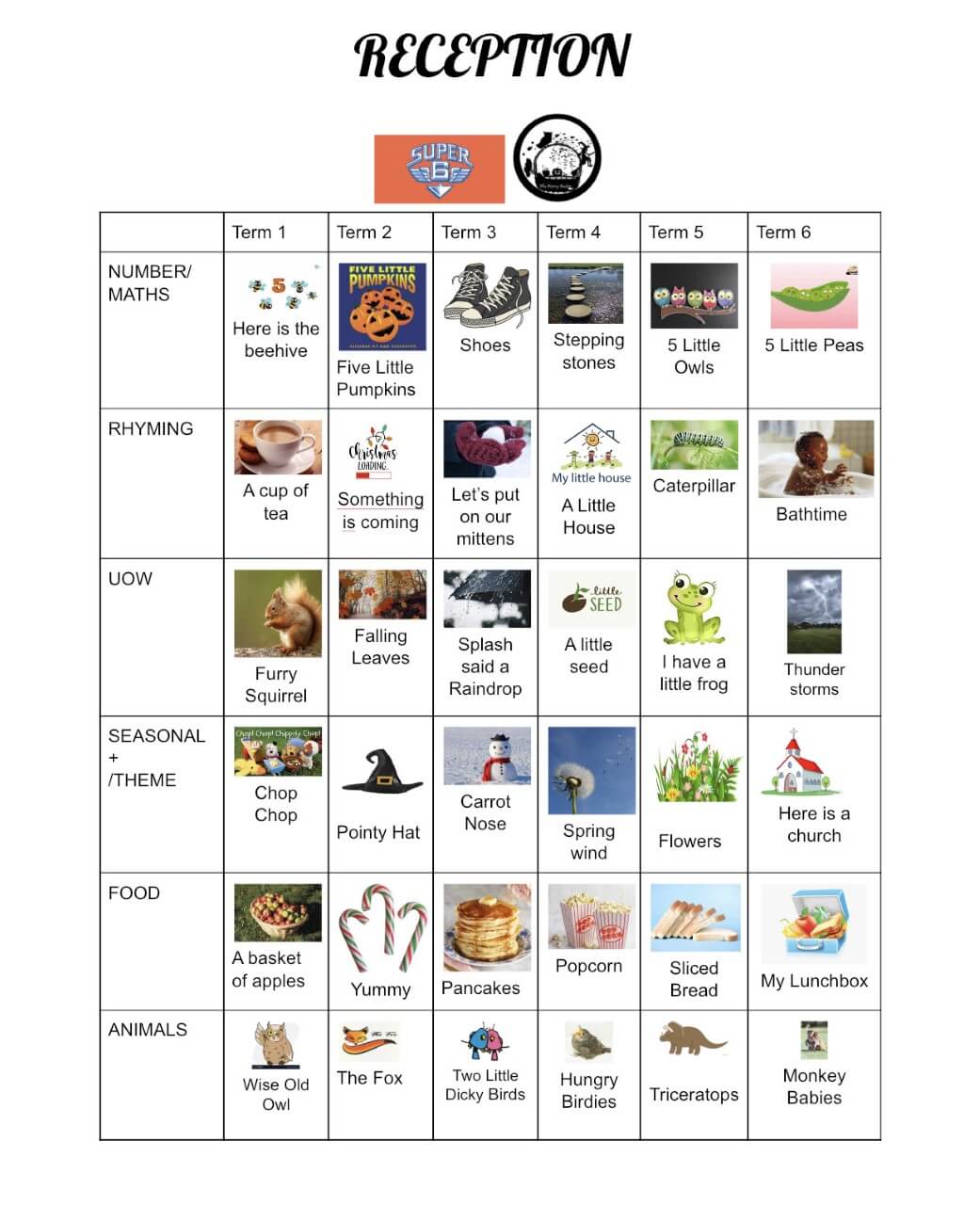
As the whole class say the words to Furry Squirrel, some children will act out the poems. One child might use the squirrel finger puppet, while another will use their body to become the tree. We might even work on their understanding of the world by asking ‘the tree’ what kind of tree they are…
‘Would you like to be an evergreen tree? A coniferous tree? A deciduous tree? If you’re a deciduous tree, are you an autumn tree or a summer tree?’
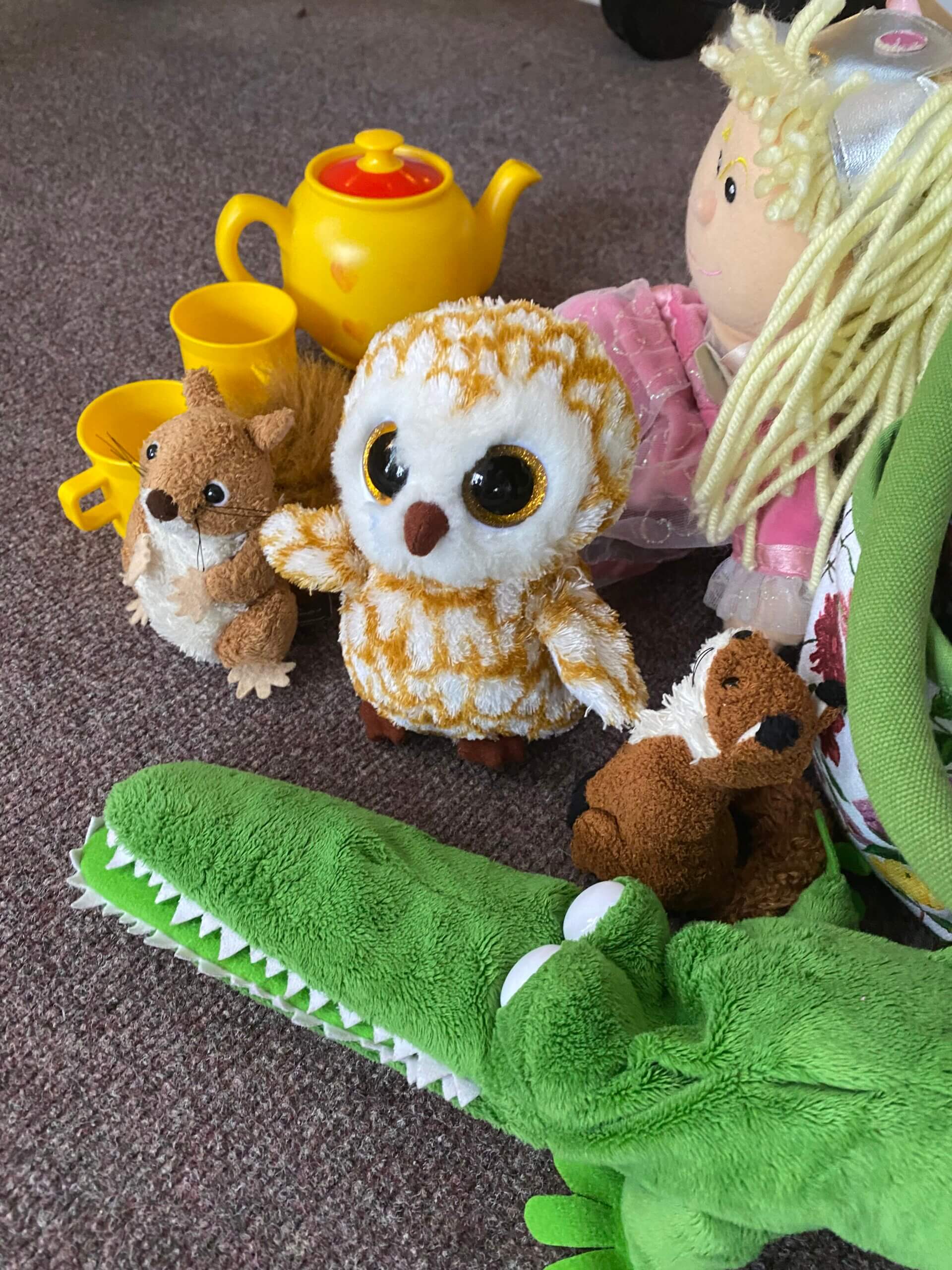
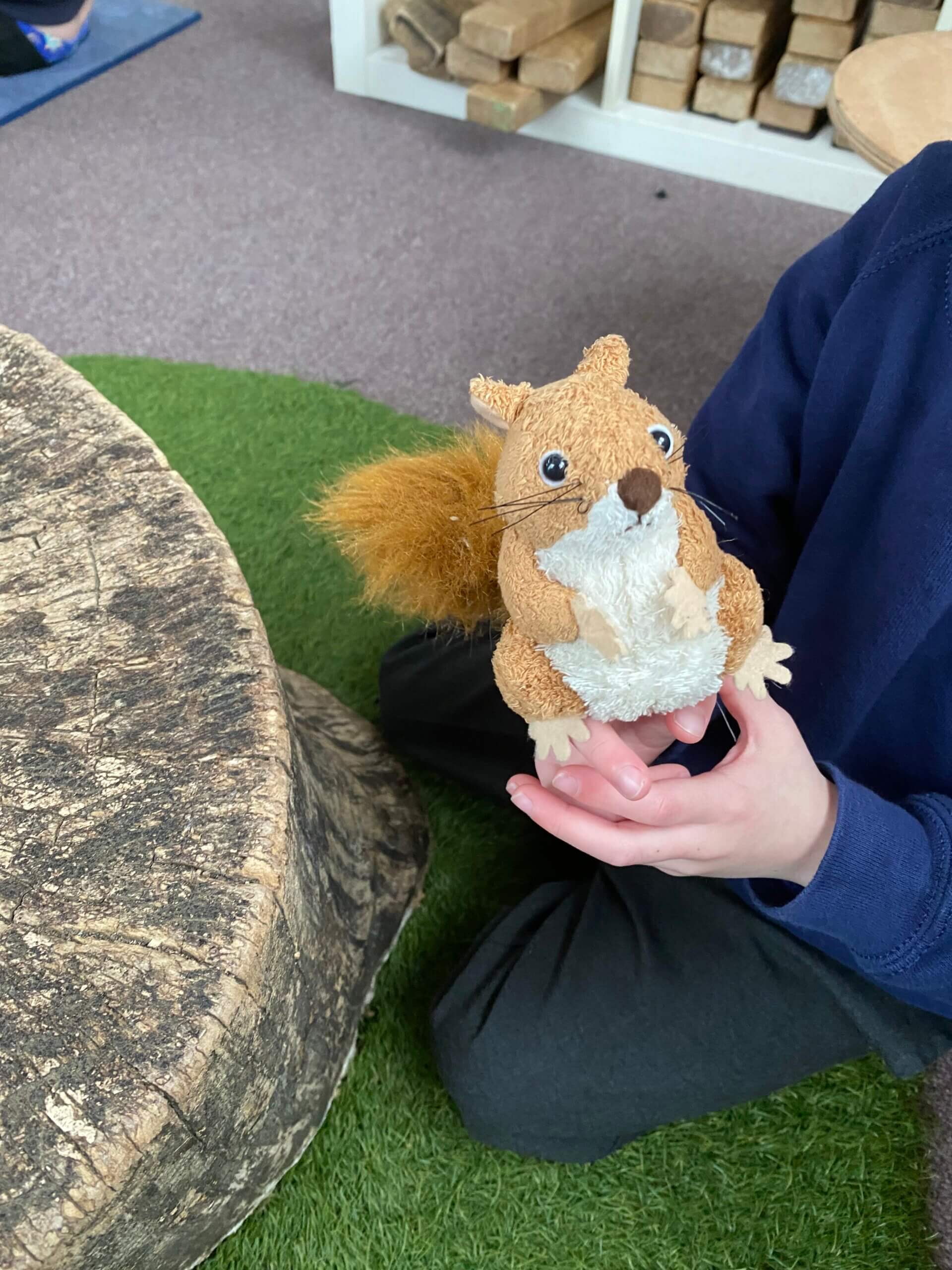
Getting the children to be able to imagine what’s happening in the poems feels so important. We’re not just rote learning a poem together, we’re living and breathing it. That means when we’re acting out Yummy – a poem from The Christmas Basket about candy canes – we’re asking the children what the candy cane tastes like. One boy responds, with great excitement, that it’s stripey and peppermint flavoured (which is a shame, because he doesn’t like peppermint at all).
Learning the poems, doing the actions and connecting them with so many different areas of the curriculum has had an enormous impact for us. Firstly, it’s been brilliant for confidence. The children who don’t want to speak out loud, start by joining in with just the chorus of the poem and, after a few weeks, they’re ready to hold a prop during the acting out.
A lot of the children I work with also start Nursery and Reception with very low levels of communication and language, as well as lots of speech and language needs. The vocabulary they get from the poems is brilliant, and by the time they leave us they have so many under their belts. One parent told us they had listened to A Cup of Tea over and over again until 3.30am in the morning. That’s how much the children love it.
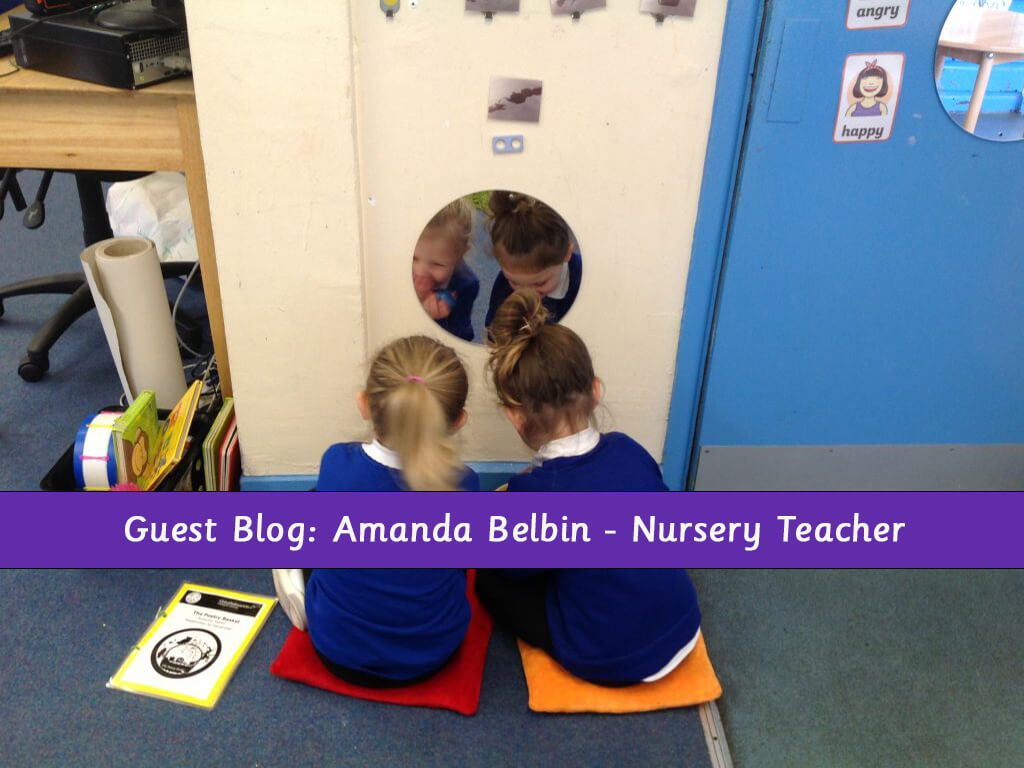
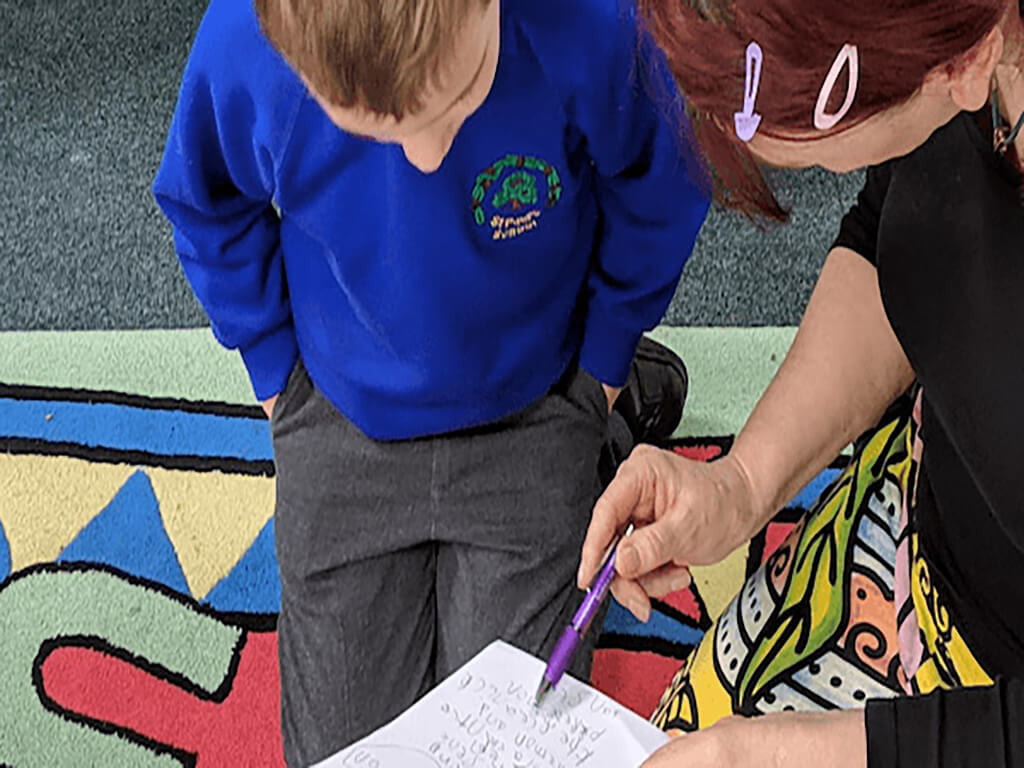
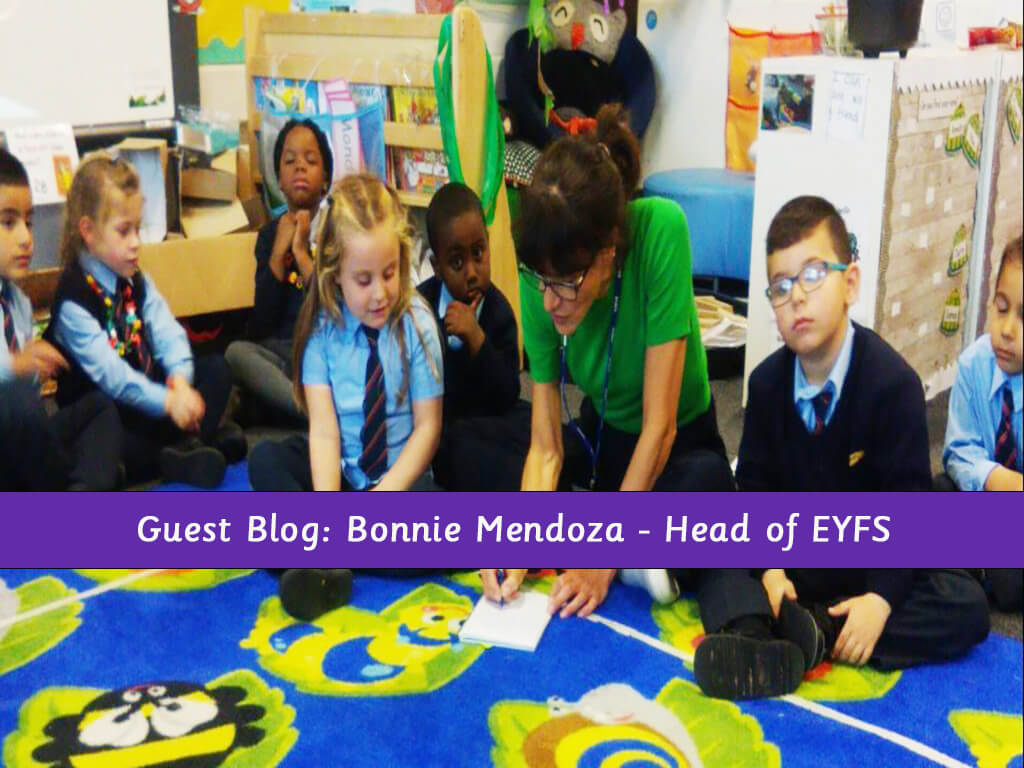
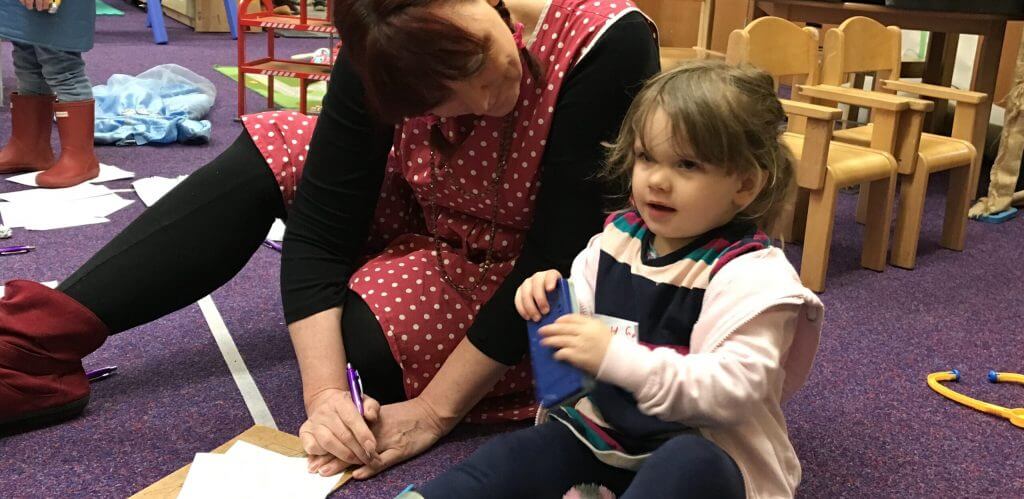
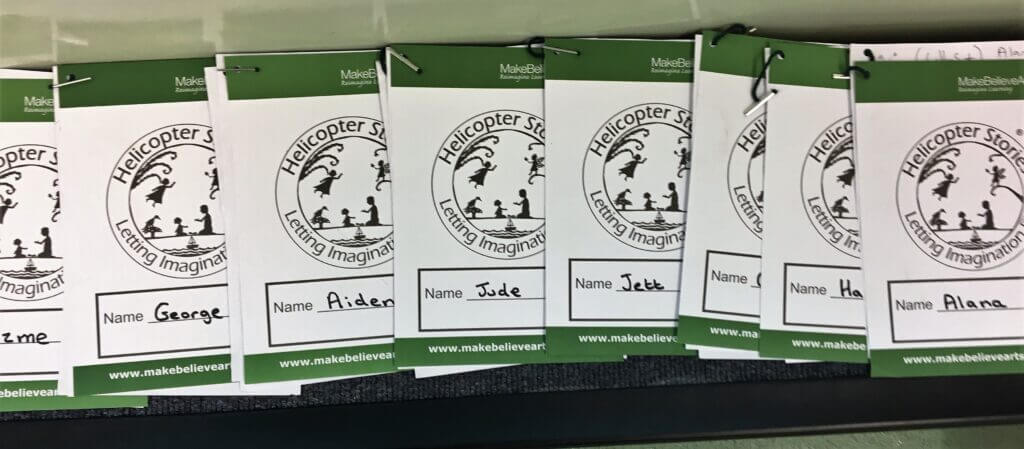
Responses